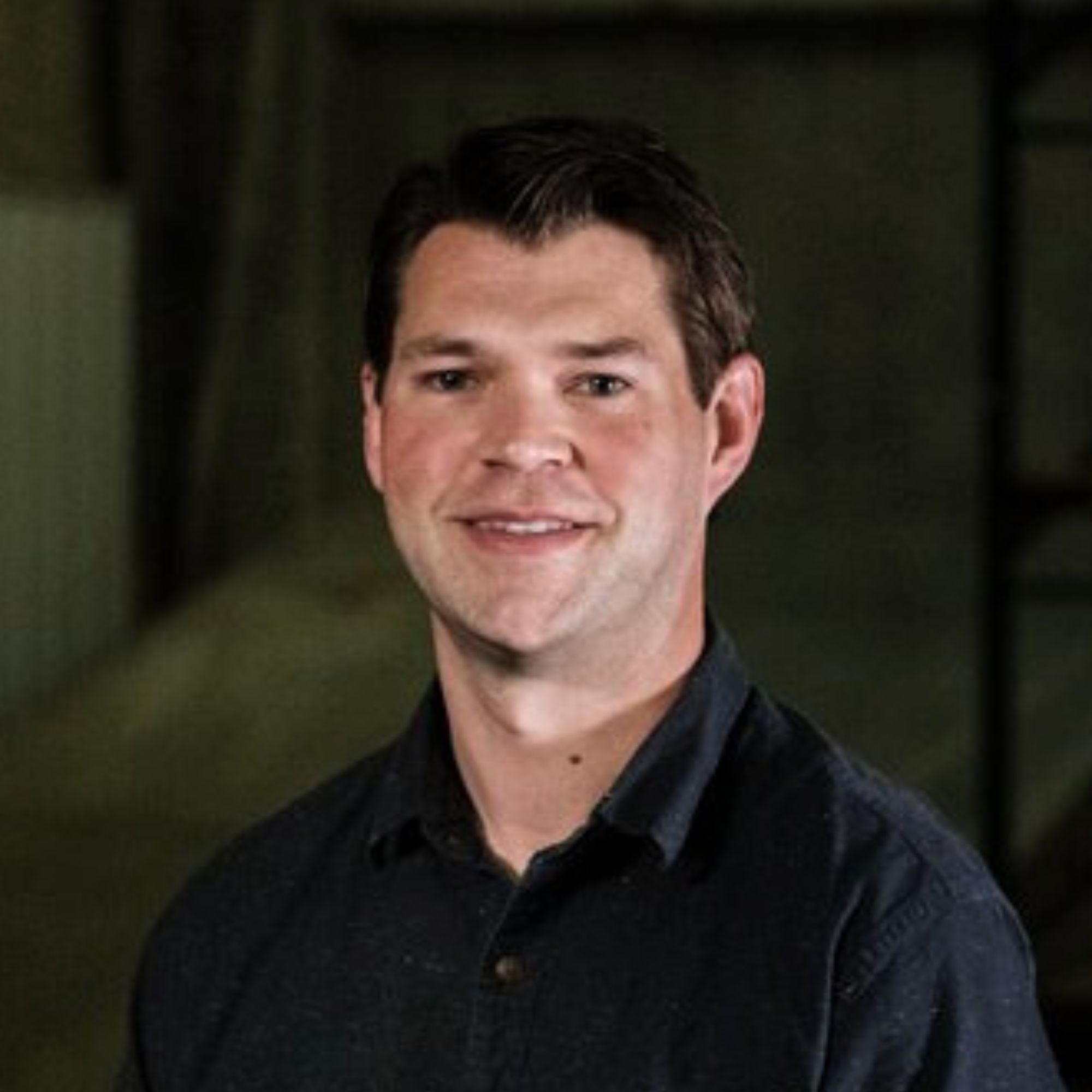Ready to launch your own podcast? Book a strategy call.
Frontlines.io | Where B2B Founders Talk GTM.
Strategic Communications Advisory For Visionary Founders
Conversation
Highlights
When Your First GTM Strategy Fails: Billy’s Pivot from Payments to Insurance Innovation
The hardest part of building B2B software isn’t always the technical challenges – it’s understanding when to pivot away from a seemingly obvious market opportunity. In a recent episode of Category Visionaries, Nyasha Gutsa shared how Billy evolved from a construction payments platform to an insurance workflow solution, revealing critical insights about product-market fit in enterprise software.
The False Promise of an Obvious Problem
Billy’s initial focus seemed logical: modernize construction payments. The problem was clear, the market was large, and Nyasha had deep domain expertise from his time at Procore. But sometimes the obvious path isn’t the right one.
“We quickly realized that the sales process of trying to sell such software to construction companies is a bit difficult,” Nyasha explains. “The willingness to pay from contractors just isn’t there.”
This observation led to a deeper insight about the construction industry’s relationship with payments: “Construction companies are less willing to go towards electronic payments, especially for really large amounts. They prefer checks… because they are able to hold that money as leverage to the person who’s getting paid.”
Finding the Hidden Problem Worth Solving
What’s particularly instructive about Billy’s pivot is how they discovered their true opportunity. Rather than just abandoning the construction market entirely, they dug deeper into the ecosystem of problems surrounding payments. This investigation revealed that contractors needed two key documents to get paid: lien waivers and insurance certificates.
This led to a crucial realization about the state of business insurance management: “The way in which businesses manage their insurance is still horse and buggy,” Nyasha notes. “If I ask you a question like, hey, how do you manage your insurance? You’re probably going to say, I stored my insurance in Gmail, it’s in a folder, it’s with my mom, or I got a call in Jake from State Farm.”
The Platform Strategy: Building on Existing Infrastructure
Instead of trying to build a market from scratch, Billy made a strategic decision to leverage existing platforms. “We purposely focused on partnering with Procore,” Nyasha shares. This choice wasn’t just about distribution – it was about finding the right customer profile.
“What we’re seeing are what I would call emerging to mid-size construction companies… those that do anywhere from 25 million to just over 250,000,000 and they work with anywhere from 500 to 750 subcontractors.” This precise understanding of their ideal customer profile emerged from their platform strategy.
The DocuSign Principle in Enterprise Software
Billy’s approach to product development reveals an important principle about enterprise software adoption. “I’m a big fan of DocuSign software,” Nyasha explains. “You can go and get up and running with DocuSign in just under five minutes. So this is exactly how we built Billy.”
This philosophy extends to their integration strategy: “The integration with Procore is just as simple as log in with your Pro Corps and you’re integrated and start using the software right away. There’s no logins for the other people that have to submit documents because for contractors, that creates a lot of friction.”
Building Culture as a Growth Strategy
What’s particularly interesting about Billy’s approach is how they’ve woven culture into their growth strategy. “I believe that building a people first company allows you to build a forever business,” Nyasha explains. “If the employee shows up engaged and excited, they’re able to solve problems for us. And if they solve problems for us, it drives business… I have a saying which is culture drives business, and business drives culture.”
The Platform Play
Looking ahead, Billy aims to become “the kayak of business insurance, where you just go and you can compare insurance coverage in a couple of minutes. You can purchase it, you can hire or fire your broker if you want, but all powered by Billy.”
This vision reveals a crucial insight about building enterprise platforms: sometimes the best approach isn’t to replace existing workflows entirely, but to create a layer of automation and efficiency on top of them. By focusing on reducing friction in insurance workflows while preserving the essential relationships and processes that businesses rely on, Billy is creating a new category in the construction tech stack that addresses a fundamental need rather than just adding another layer of technology.
Billy’s journey offers a masterclass in enterprise GTM strategy: sometimes the best opportunity isn’t the most obvious problem, but the hidden friction points that everyone has learned to live with. The key is having the courage to pivot when the data doesn’t support your initial hypothesis, and the insight to find the real problem worth solving.
Actionable
Takeaways
Seek Out Complementary Partnerships:
Partner with established players in your target market to leverage their customer base, integrate with their platforms, and deliver added value to their users.
Prioritize Simplicity and Speed of Implementation:
Design your product to be easy to adopt and quick to deliver results, minimizing friction and onboarding time for end-users.
Differentiate Through Technology and Customer Focus:
Stand out in a crowded market by leveraging advanced technologies (e.g., APIs) to streamline processes and deliver superior customer experiences, such as cost savings and customization.
Humanize Your Fundraising Outreach:
Use tools like personalized videos to connect with potential investors on a human level, showcasing your passion, work ethic, and unique perspective as a founder.
Build a People-First Culture:
Foster a workplace culture that prioritizes employee engagement, empowerment, and alignment with the company's mission. Recognize that a thriving culture drives problem-solving, innovation, and ultimately, business success.






















